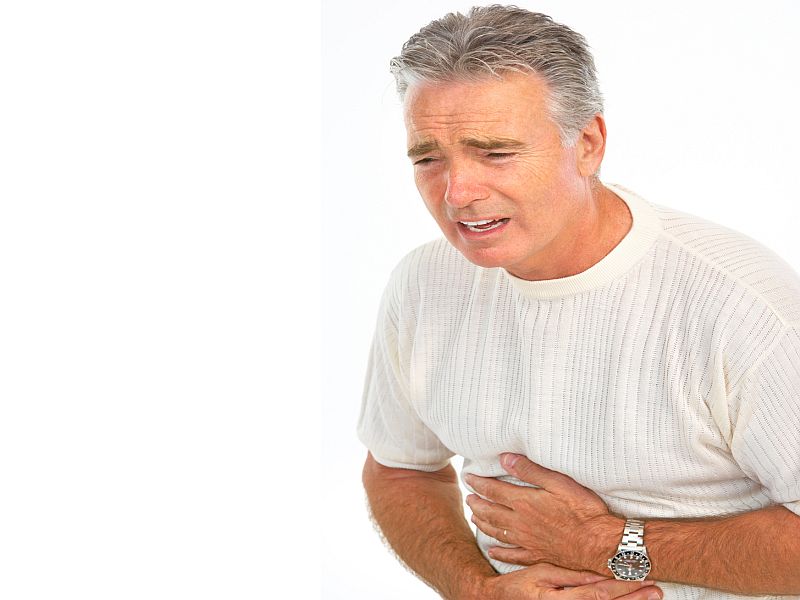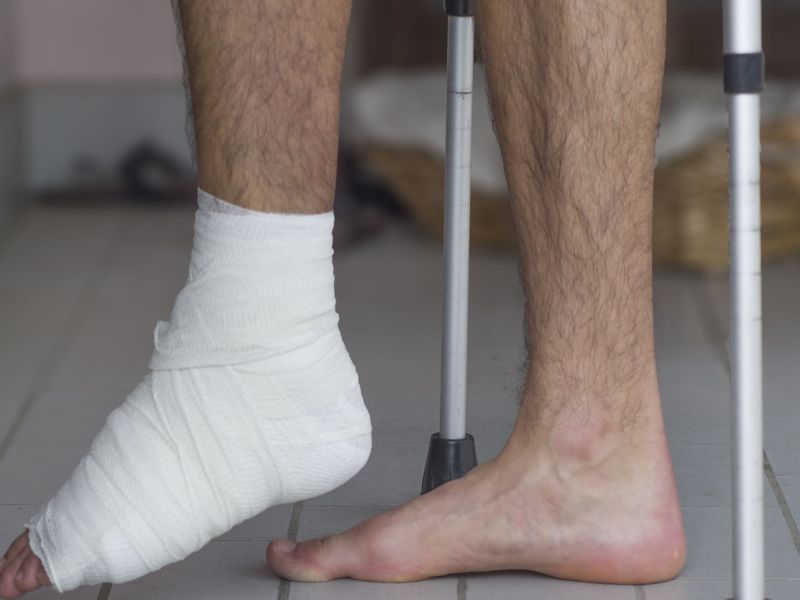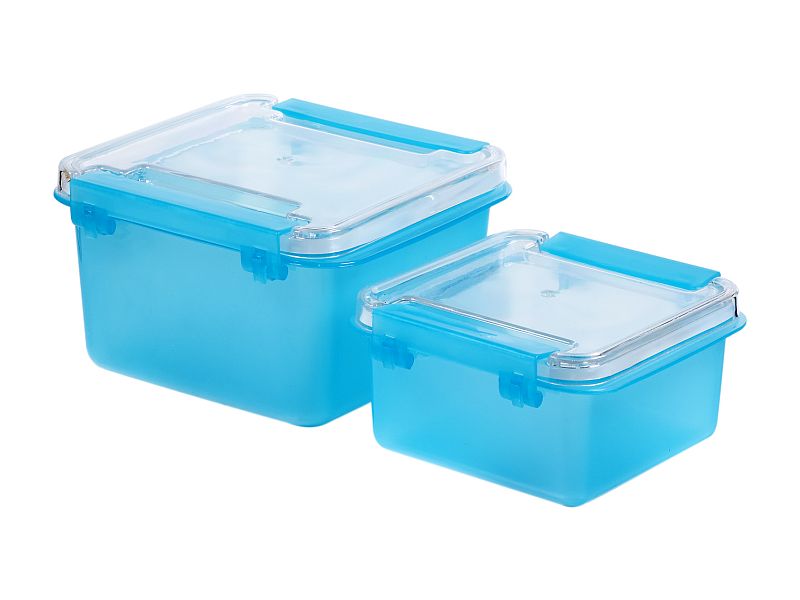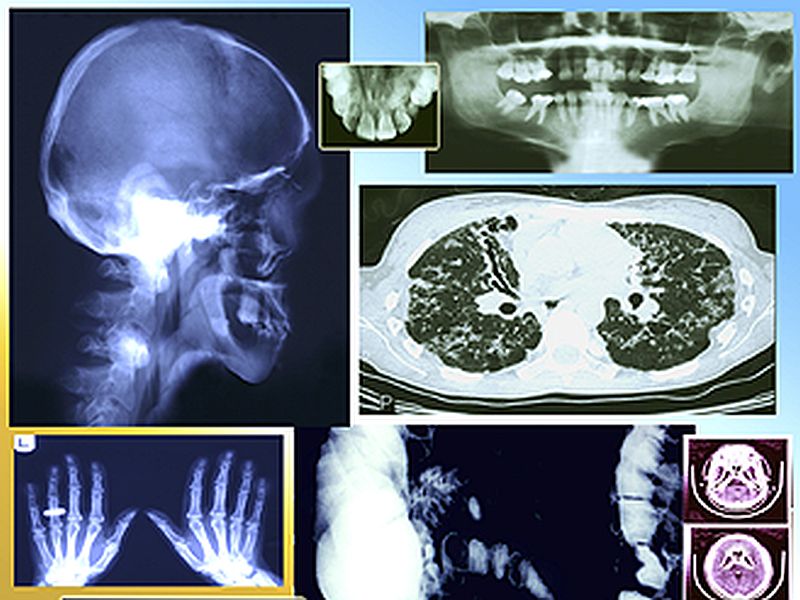
Just because a medication is available over the counter doesn’t mean it won’t have side effects or pose other dangers. One example is PPIs, a popular type of heartburn medication that can harm the kidneys, especially when taken long-term. Heartburn is the result of stomach acid backing up into the esophagus, the tube that goes… read on >

















